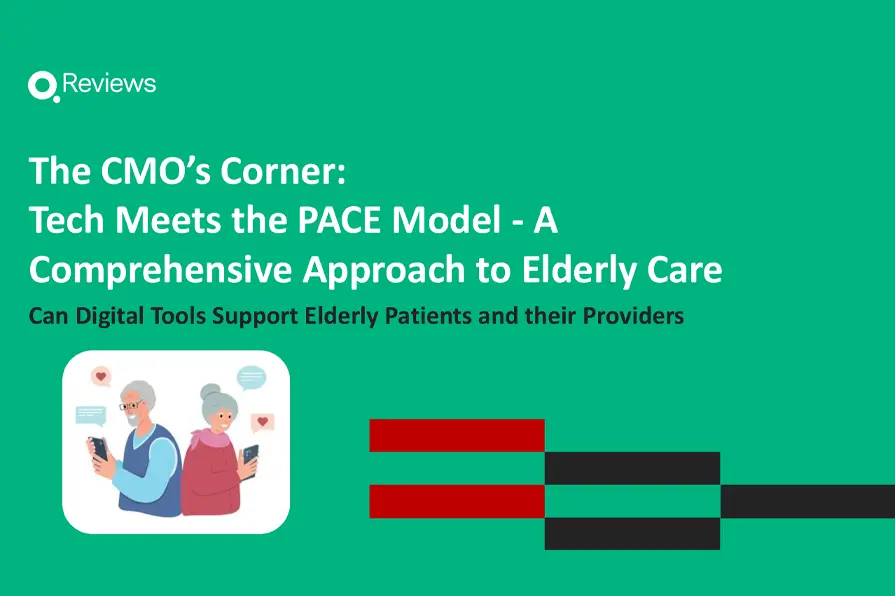
The Importance of Service Recovery for Patient Experience

With healthcare practices opening all the time, competition for patients has increased. It’s no surprise, then, that quality, safety, and service excellence sit at the top of their list of concerns. After all, healthcare today is all about the consumer. And, as a result, the biggest market share often goes to the provider with the most impressive product offering. But you can’t overlook the importance of service recovery and performance improvement — and for that, you need employee engagement.
Employee Engagement & the Importance of Service Recovery
Beryl’s researchers identified what they deemed the “most significant discovery” of its latest research. Specifically, the rise in engaging employees on the patient experience, and helping them address patient concerns.
This sharp uptick in healthcare employee engagement likely reveals a culture shift at many hospitals and health systems. More and more, healthcare organizations are “addressing the delivery of care as central to addressing the experience of those receiving it.”
That said, changing an organization’s culture is no easy feat. In a June 2018 Chilmark report, one chief experience officer went so far as to describe the challenges of revamping a provider’s culture around the customer experience as “slow pick-and-shovel work.”
The Importance of Service Recovery
Is your organization ready to leap? If so, try these Harvard Business Review-approved tips:
- Understand why staff may oppose changes to the status quo
- Support the new policies with data that details urgent issues, and describe how these efforts will fix them
- Decide what behaviors will be OK — and what will not be.
Another engagement strategy for changing an organization’s culture is by implementing service recovery. In other words, stepping in to address an issue or concern in real-time. Oftentimes, patients and their families who are facing a stressful situation only want to be heard. Service recovery is a way for providers to engage them directly while trying to meet their expectations. After all, service recovery leads to service excellence.
3 Ways to Take Action
Many providers recognize the importance of service recovery, but don’t know where to start; they lack either the ability to identify customer service needs or they don’t have the right tools in place to take real-time corrective actions — or both. In either case, here’s how providers can start the feedback loop:
- Set a goal: What is your organization trying to achieve, e.g., higher volume or better customer satisfaction scores? Identifying the goal will help your team pick the right technology tools or manual processes to achieve the desired result
- Pick the right tools: There’s a variety of technology applications and strategies for gathering data, so it’s critical to select the right one for your specific organization
- Commit to seeing it through: Continuously improving should be a priority once the service recovery feedback loop is up and running. Similarly, facilities should have a plan that focuses on the following five service recovery best practices: listen, offer a blameless apology, offer to help, follow through, and keep it professional.
How Q Reviews Can Help
Interested in learning more about how service recovery can help shift the performance improvement culture at your organization? Let’s talk. Based in New York, Quality Reviews®, Inc., was founded by leading healthcare providers and entrepreneurs with a combined 30-plus years of clinical, healthcare administrative, and technology-building experience. We help healthcare provider organizations capture and analyze real-time patient feedback to facilitate service recovery.
With hospitals today operating on the narrowest of margins, losing even one patient over poor customer service is too much. Complicating matters, most healthcare organizations still use traditional surveys to track and monitor patient satisfaction metrics, putting them at a considerable disadvantage in terms of identifying service recovery opportunities.
We make it easy for patients to provide real-time feedback — and even easier for healthcare leaders to improve service based on this feedback. Utilizing real-time feedback, our service recovery and daily performance improvement tools help shift the focus onto the patient and promote a culture of service excellence.








